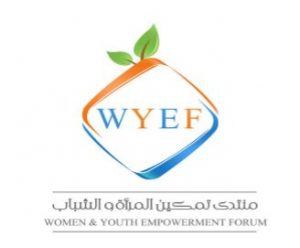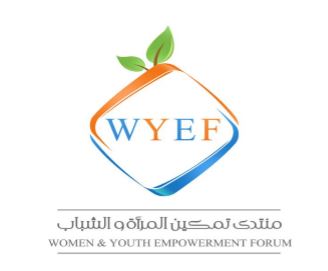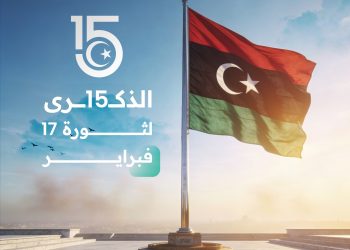By Sami Zaptia.

London, 1 September 2016:
As part of World Youth Day 2016, and following a series of workshops in various Libyan Municipalities, the Libyan Women and Youth Empowerment Forum (WYEF) has released its recommendations as part of the UN’s Security Council Resolution 2250.
Security Council Resolution 2250 on youth, peace and security was adopted on 9th December 2015 which urged for greater representation by young men and women in the prevention and resolution of conflict amid “the rise of radicalization to violence and violent extremism amongst youth, which can be conducive to terrorism.”
Along with positioning youth and youth-led organizations as important partners in the global efforts to counter violent extremism and promote lasting peace, the resolution also gives impetus to the youth-led peacebuilding and conflict-prevention interventions to build peaceful communities and underpin democratic, inclusive governance.
The WYEF’s recommendations, entitled Libyan came under five main headings: partnership; protection; care; cooperation; and reintegration.
Under partnership, the WYEF recommended the training empowerment of Libyan women and youth which would enable them to reach decision-making positions in the various fields through the establishment of a foundation.
This foundation would assume the task of preparing training programmes. It would also ensure that women and youth would be fairly represented in leadership positions and in top government management positions both at local and international level.
so as to contribute to the establishment of sustainable social peace – as key partners in the mediation sessions and negotiating efforts to resolve local conflicts.
The WYEF also recommended that youth are involved in Libya’s political process which should be ensured through legislation.
Under the heading of protection, WYEF recommended that laws are activated that would protect youth from abuse and social discrimination and to ensure the non-escape from punishment especially during the current conflict and its aftermath.
The WYEY also called for the raising of the legal cover for what it called the ‘’parallel armed formations’’ or militias, and called for the support of the official security agencies to protect cities and institutions.
It also called for the support of youth organizations working on projects, campaigns and awareness programmes on laws international treaties and conventions connected with youth rights and the establishment of sustainable peace.
The international community was also called upon to accept its responsibility to provide support for the ‘’legitimate’’ authorities in order to enable these legitimate authorities to disarm and impose sanctions on all parties – domestic and foreign – that have a role in fuelling the Libyan conflict through armed trafficking and smuggling.
Under the heading of care, the WYEF called for the separation of the Ministry of Youth from the Ministry of Sport so that it becomes part of its brief the support of youth forums and activities which espouse a culture of peace, tolerance and peaceful coexistence so as to help distance youth from violence and extremism.
They also called for the preparation of a code of ethics for the media which spreads, through the media, the culture of peaceful coexistence and tolerance and criminalizes incitement to violence and racial discourse.
A government plan was called for, for the inclusion of a school curriculum that enhances the culture of human rights and the tolerance of others and opposing viewpoints so as to fortify future generations from falling onto violent behaviour.
Under the heading of cooperation, the WYEF called upon the UN to develop a contact mechanism in order to ensure direct communication between local civil society organizations and international agencies – without having to go through the existing customary channels.
They also called on the Libyan government to work on a plan for processes that target youth training directly as part of the work of international organizations and local institutions.
The establishment of a Youth Support Fund was also called for which specializes in financing youth, their SMEs and community enterprise programmes.
Finally, under the heading of reintegration, the WYEF called upon the Libyan government to accept its responsibility in activating the laws that prohibit the use of arms outside the framework of state security institutions.
It also called upon the government to develop effective applicable plans to attract youth that are involved with militias and to provide real jobs as part of major projects as well as supporting micro and SMEs, on the condition that that youth that are enrolled handover their weapons.
The government was also called upon to come up with effective development plans and psychological rehabilitation programmes targeting youth that are demobilized from militias – as per international standards. These are to include measures that ensure full transparency and integrity in all plans and programmes relating to the demobilization of youth from militias and their reintegration into society.







